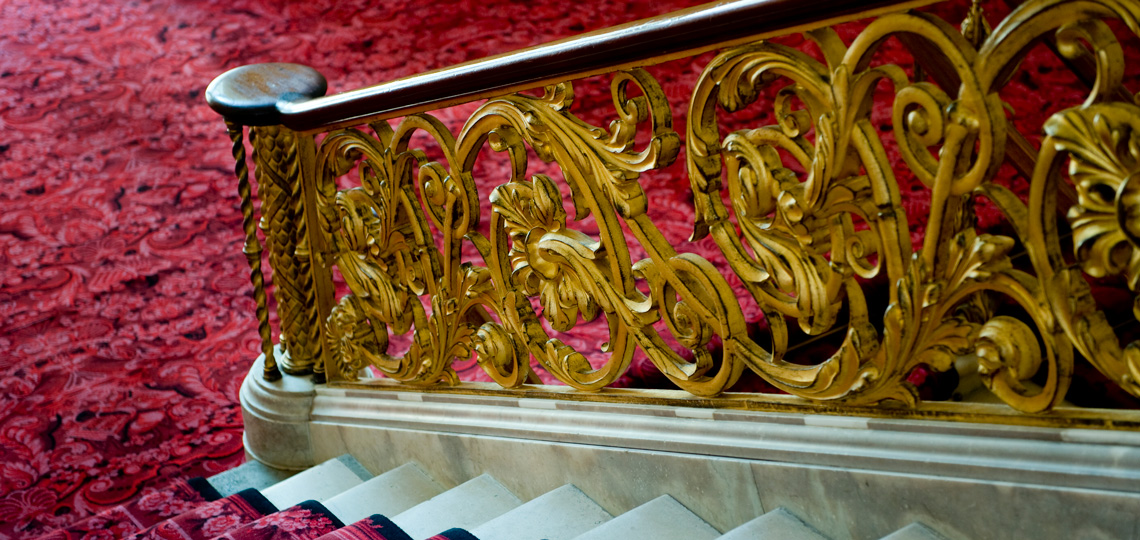

Error
Technical error (error 500)
Sorry, we are currently experiencing a few technical issues. Please return to the homepage or try again shortly.
Technical error (error 500)
Sorry, we are currently experiencing a few technical issues. Please return to the homepage or try again shortly.